
Welcome to i-Challenge
Through the ‘i-challenge’ curriculum we provide access to a wide range of opportunities that promote pupils’ emotional, physical and intellectual development. Activities provide pupils with opportunities to develop the ‘building blocks’ of successful life skills, such as teamwork, resilience, responsibility and friendship. Through ‘i-challenge’ we focus on how children learn and this is underpinned by building relationships, building teamwork and building confidence.
Watch Our Video To See More!
The adventure begins here…
The benefit of working creatively, taking part in sport and building a strong community and citizenship not only develops an individual’s character and resilience but also lays the foundations for positive self-esteem and confidence in the future.
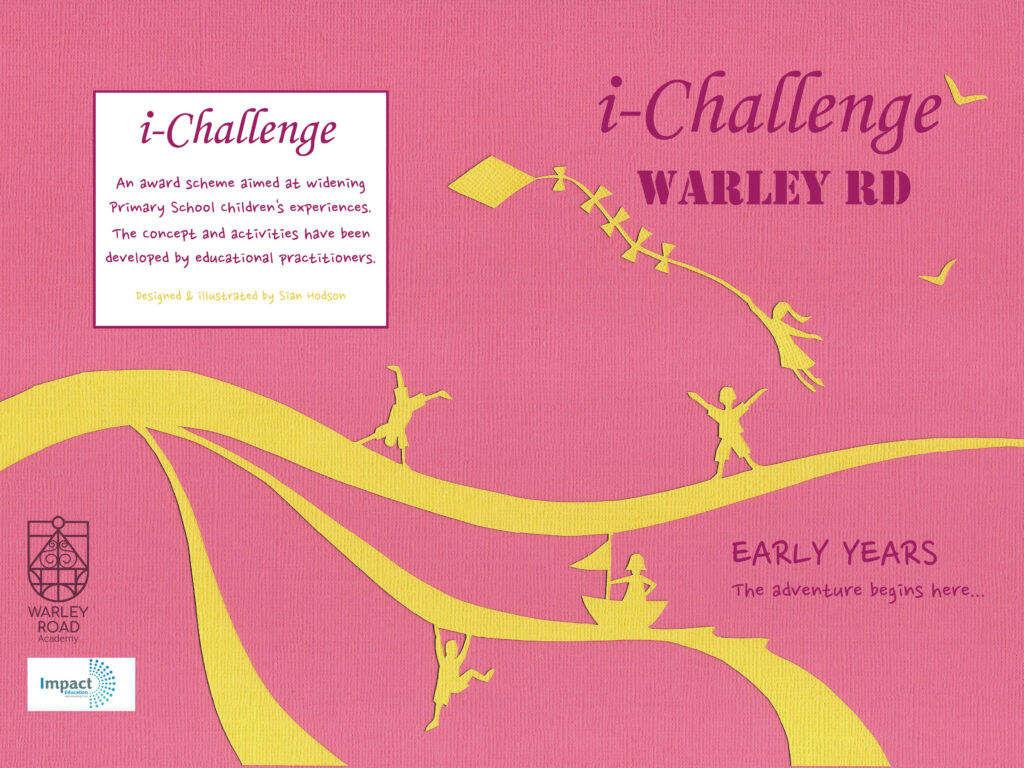
i-Challenge Early Years Book
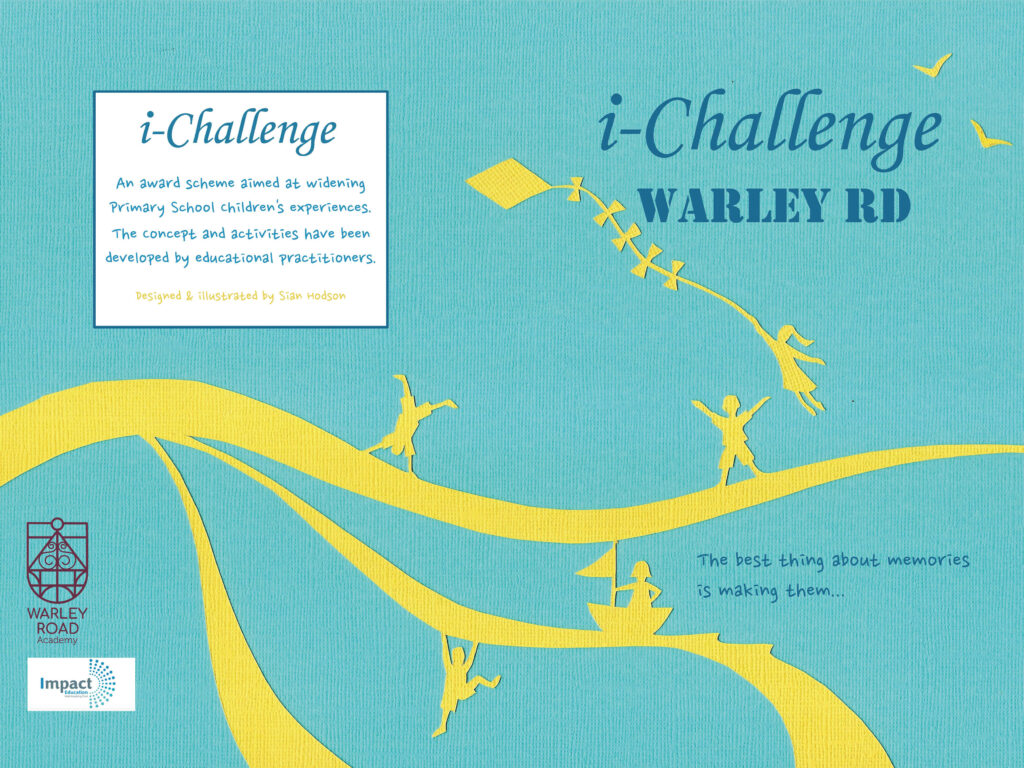
i-Challenge Key Stage 2 Book
Overall Key Elements
- Geography – Map and Fieldwork, Compare and contrast, vocabulary
- Science – Observe and record
- Literacy – Speak and listen
- Art – Engage and develop
- D/T – Design and make
- History – Sources of evidence, storytelling and archaeology
- P.E – Health and fitness
- P.H.S.C.E – Social, safety, personal development and cultural
- Numeracy – Problem-solving and measurement
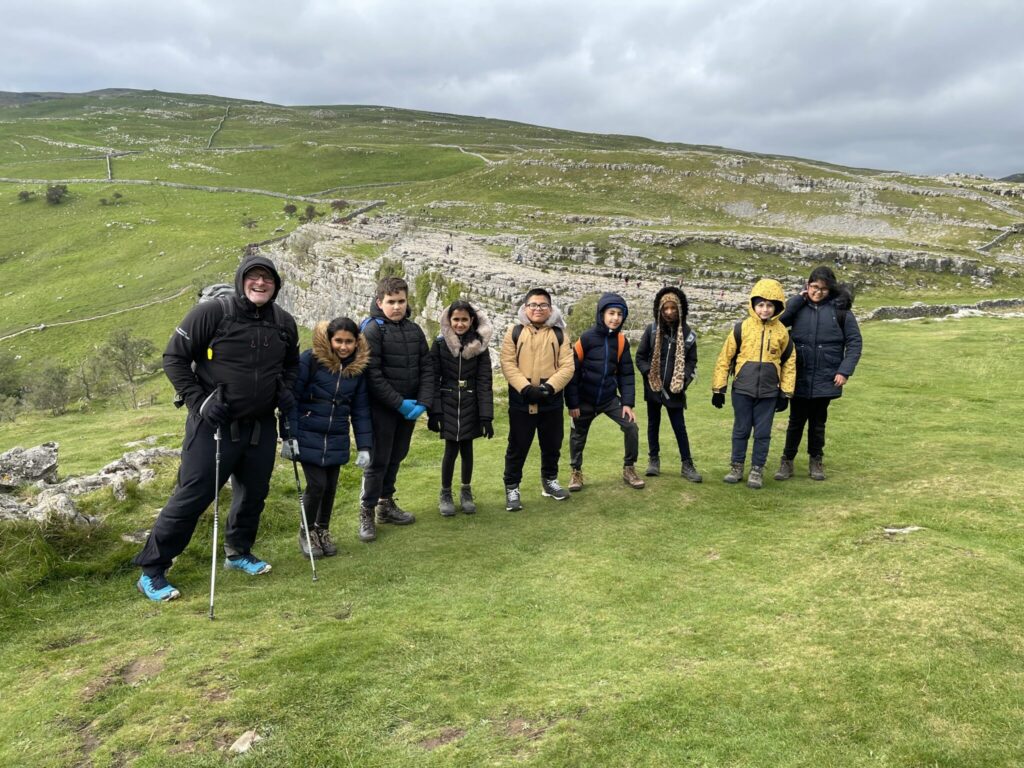
Physical Development
With the outdoor classroom being physically larger than many indoor classrooms, it provides more opportunities for physical development to take place. Many activities have movement elements in them where participants must use all the space available. Specific activities, like exploring, tree climbing, building dens from natural materials and collecting, require much more physical effort then indoor activities.
Emotional Development
The outdoor environment enables everyone to take an actual and metaphorical deep breath, allows for the release of tension, freedom of work and discussions on far-ranging topics, school-related or not.
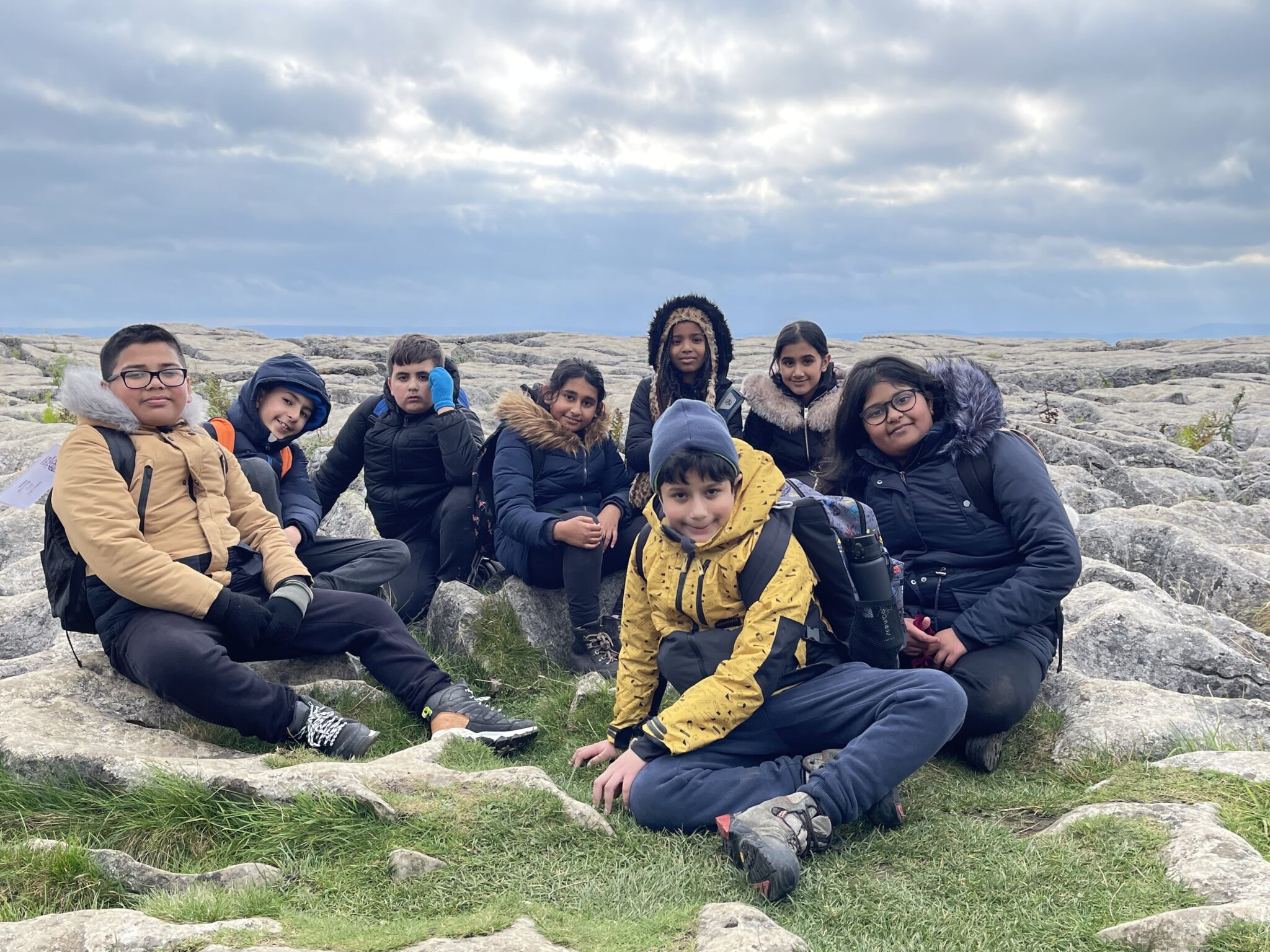
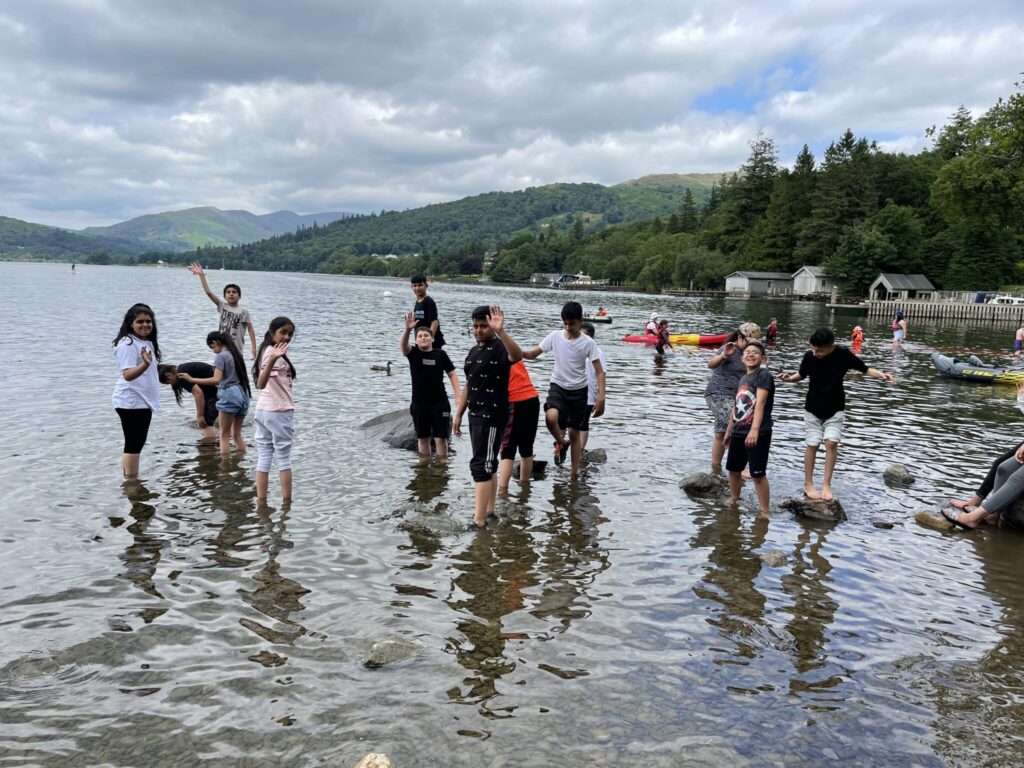
Social Development
Working together in small and larger groups, often in unfamiliar environments, requires participants to interact in many different ways than in the indoor classroom.
Individuals have space to form new and different friendships. Working with often-small groups, allows for deeper and less formal discussions to take place.